India PM Modi hails Saudi ties after ‘historic’ route unveiled
3 min readIndia hailed its “strategic” partnership with oil-rich Saudi Arabia on Monday, days after unveiling a major trade and transport route linking Europe, the Middle East and India as part of a broad alliance.
“Together, we made the historic start to establish an economic corridor,” Indian Prime Minister Narendra Modi told Saudi Arabia’s de facto ruler Crown Prince Mohammed bin Salman in New Delhi.
On Saturday, the pair took part alongside other G20 leaders in the unveiling of ambitious plans to create a modern-day Spice Route, boosting trade ties with potentially wide-ranging geopolitical implications.
“This corridor will not only connect the two countries, but economic cooperation, digital connectivity between Asia, West Asia and Europe,” Modi added, in talks following the end of the two-day Group of 20 leaders’ summit he hosted.
During their talks, the Indian leader and the Saudi crown prince also discussed cooperation in space, semiconductors and collaboration in defence manufacturing as well.
Indian foreign ministry spokesman Arindam Bagchi said the leaders discussed issues, including energy security, trade, investment and defence, without giving further details.
India and Saudi Arabia also discussed the possibility of trading in local currencies and expediting the negotiations for a free trade agreement between India and the Gulf Cooperation Council of which Saudi Arabia is a member.
Ausaf Sayeed, a secretary in the Indian foreign ministry, said the two countries signed eight agreements, including a pact to upgrade their hydrocarbon energy partnership to a comprehensive energy partnership for renewable, petroleum and strategic reserves.
They also agreed to create a joint task force for $100 billion in Saudi investment, half of which is earmarked for a delayed refinery project along India’s western coast, Sayeed said.
Talking about the interconnectivity between India and the Gulf countries, Sayeed said that it will include ports, railways, better roads and also power, gas grids and an optical fibre network.
He spelled out that the corridor would include trains to India and not just links by port.
“India would be connected by railroads is the right interpretation, rather than India building the railroads,” he said in response to a question at a media briefing.
The corridor would be “the equivalent of the Silk Route and Spice Road,” Saudi Investment Minister Khalid Al Falih said at an event in New Delhi later in the day, adding that it will provide “greater energy connectivity, green materials and processed and finished goods that will rebalance the global trade”.
India and Saudi Arabia, along with the United States, the European Union, the United Arab Emirates and others launched the initiative to link railways, ports, electricity and data networks and hydrogen pipelines.
Although heavily trade-focused, the scheme could have wide-ranging implications.
US President Joe Biden called the trade and transport scheme “historic” at the launch event.
European Commission President Ursula von der Leyen said the so-called India-Middle East-Europe economic corridor was “much more than ‘just’ a railway or a cable”.
Signatories hope it can help integrate India’s vast market of 1.4bn people with countries to the west, offer a counterbalance to lavish Chinese infrastructure spending, boost Middle Eastern economies and help normalise relations between Israel and Gulf Arab states.
For New Delhi, the world’s most populous country, and Riyadh, the world’s biggest crude exporter, it was another step in bringing the nations closer, with bilateral trade already reaching $42.8bn last year, according to Saudi’s investment ministry. Saudi Arabia is among the top exporters of petroleum to India.
“As two of the world’s fastest-growing economies, our mutual cooperation is important for the peace and stability of the entire region,” Modi added, in footage shown on state broadcasters.
“For India, Saudi Arabia is one of the most important strategic partners,” he said.
For the latest news, follow us on Twitter @Aaj_Urdu. We are also on Facebook, Instagram and YouTube.
















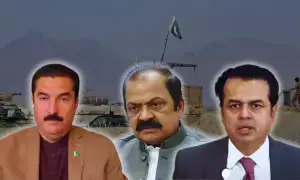


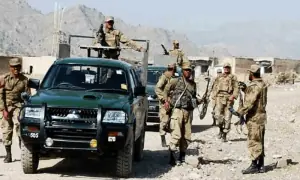

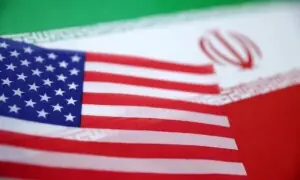
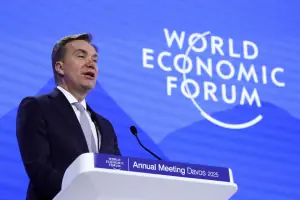
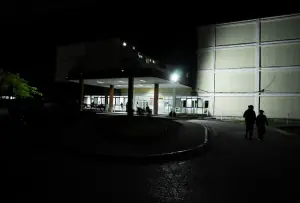
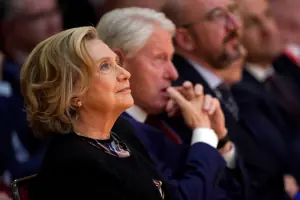
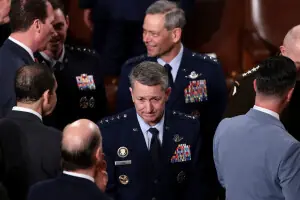
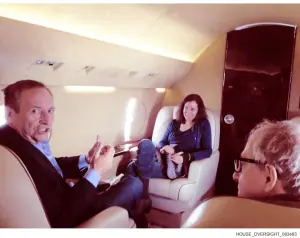
Comments are closed on this story.